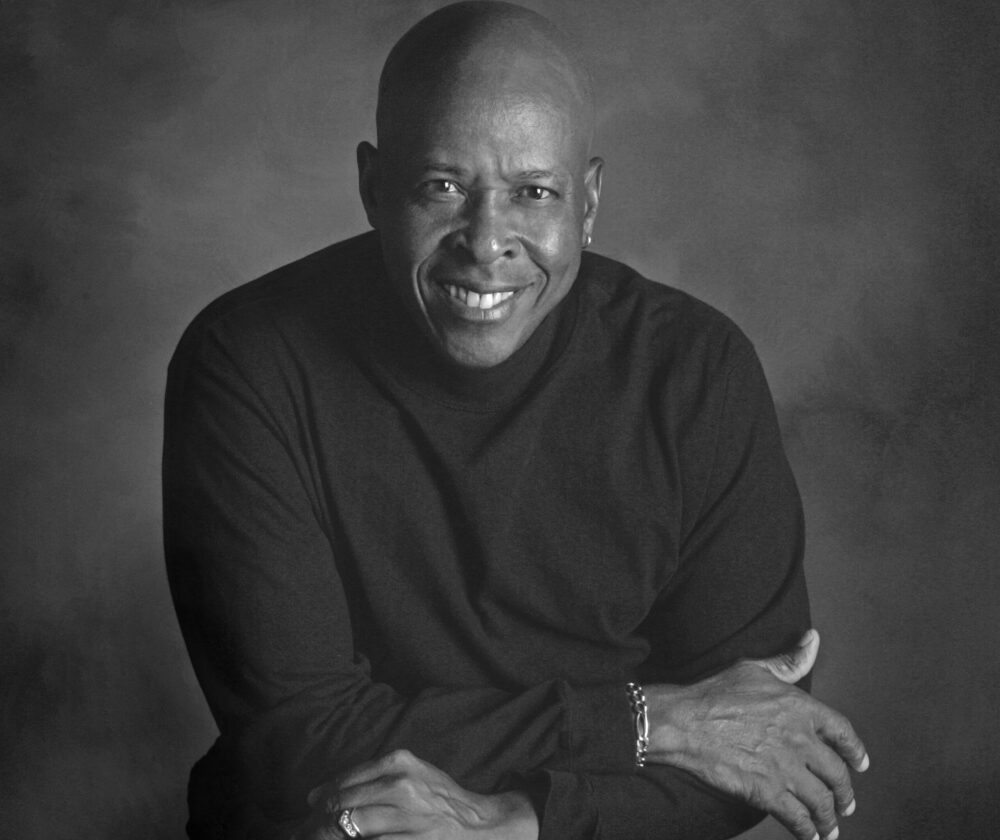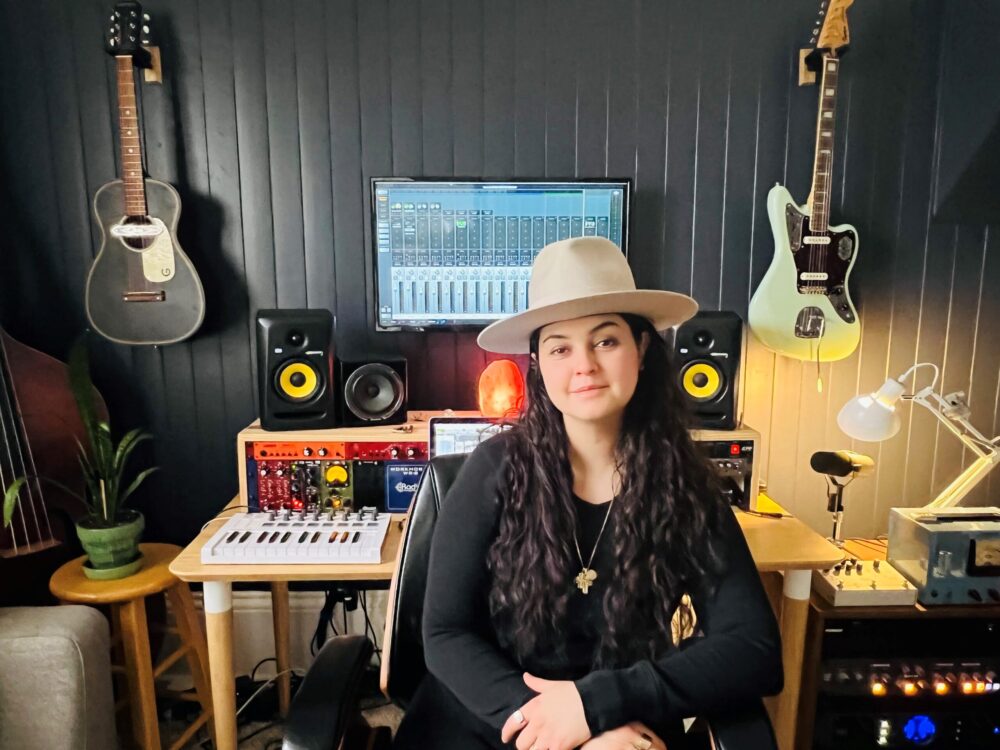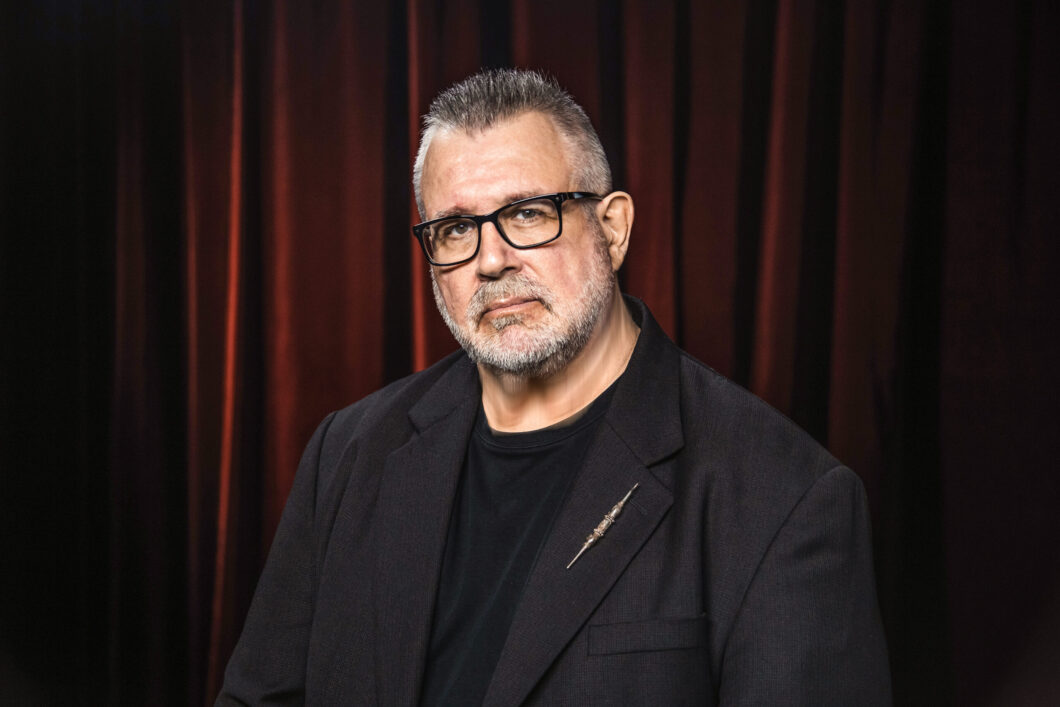Legendary Purpose
Producer-singer-songwriter and A&R phenom David Porter’s continuing impact on music cannot be overstated. With catalog sales beyond 400 million, over 1,700 songwriter-composer credits for artists including Aretha Franklin, James Brown, Otis Redding, Drake, ZZ Top, Bonnie Raitt, Wu-Tang Clan, and many others, as well as delivering a succession of Top 10 R&B hits with co-writer Isaac Hayes, his music has been sampled by the best in the business.
Growing up four doors from Earth Wind & Fire’s Maurice White, the two first sang together at Rose Hill Baptist Church, forming a gospel group together at six years old. Receiving continuous accolades and encouragement from the congregation, Porter confesses that, “We thought we were good, but it was actually because we were young and cute doing it. It put a spark and desire in both of us and we pursued it passionately.”
While in high school working at a grocery store across from Satellite Records, Porter crossed the street to ask the label about recording soul music. Their focus was on country music, but after multiple meetings with producer-engineer (Lincoln Wayne) “Chips” Moman, Porter began taking friends (including Booker T. Jones, William Bell and Andrew Love) to record. Satellite rebranded to Stax and they became a soul music label.
Selling insurance to make ends meet after college, Porter met meatpacker Isaac Hayes while pitching him a policy. Talk turned to music and they began writing, penning “B-A-B-Y” for Carla Thomas, Johnnie Taylor’s “I Got To Love Somebody’s Baby,” and Lou Rawls’ “Your Good Thing Is About to Come to An End.” Things took off for the duo with Sam & Dave’s “Hold On, I’m Coming” in 1964, followed by 1968’s GRAMMY-winning “Soul Man.”
A new generation of artists have found a way to connect with the public and get attention in their space, but finding a fresh way to communicate the language of music is what Porter considers key. “People don't care what you feel. They care about how you make them feel. All records are talking about the same thing. You have to find a way that resonates with a sense of uniqueness.”
Porter says to get out of your own way when songwriting, and that, “if you know the purpose, you can lose yourself in that purpose, and not lose the authenticity and the credibility of what you're doing.” Speaking on the drive behind Stax Records, he adds that, “The truth is we were into what we were doing in a quality way, trying to help everybody else become better at it themselves, and that was it. The magic of Stax Records was really that. There existed a profound commitment to something greater than just me.
“Study what has happened before. Respect what has happened before. Learn from what has happened before,” advises Porter. “Use what has already proven to work, find what makes you unique and palatable to a larger audience, and then do it.”
Artist development is where Porter finds his greatest joy. He loves the idea of his music being used to inspire others to create (Mariah Carey’s “Dreamlover” and Will Smith’s “Getting’ Jiggy With It” both sample his music). His first solo project in 50 years, 2022’s Chapter 1: Back In The Day, contains songs written over 35 years ago, with tracks showcasing new artists Brandon Wattz, Candise Marshall, and Marcus Scott.
Chapter 2: Real Feelings (due this Spring) features Keia Johnson, Kerry Washington, Chris Johnson and Brandon Wattz. “When someone else does a great job, I'm so happy they're happy,” says Porter. “I want to be sure I'm doing something that better complements them.”
Concludes Porter, “Inside of the music there is a church, there is a band of souls, an apparatus itself from others. That's what I wanted to be sure that was done then, but also in what we're doing now. I just want to do the best I can so the legacy would be meaningful to someone who has aspirations to be in this business.”
Visit non-profit The Consortium MMT: theconsortiummmt.org














